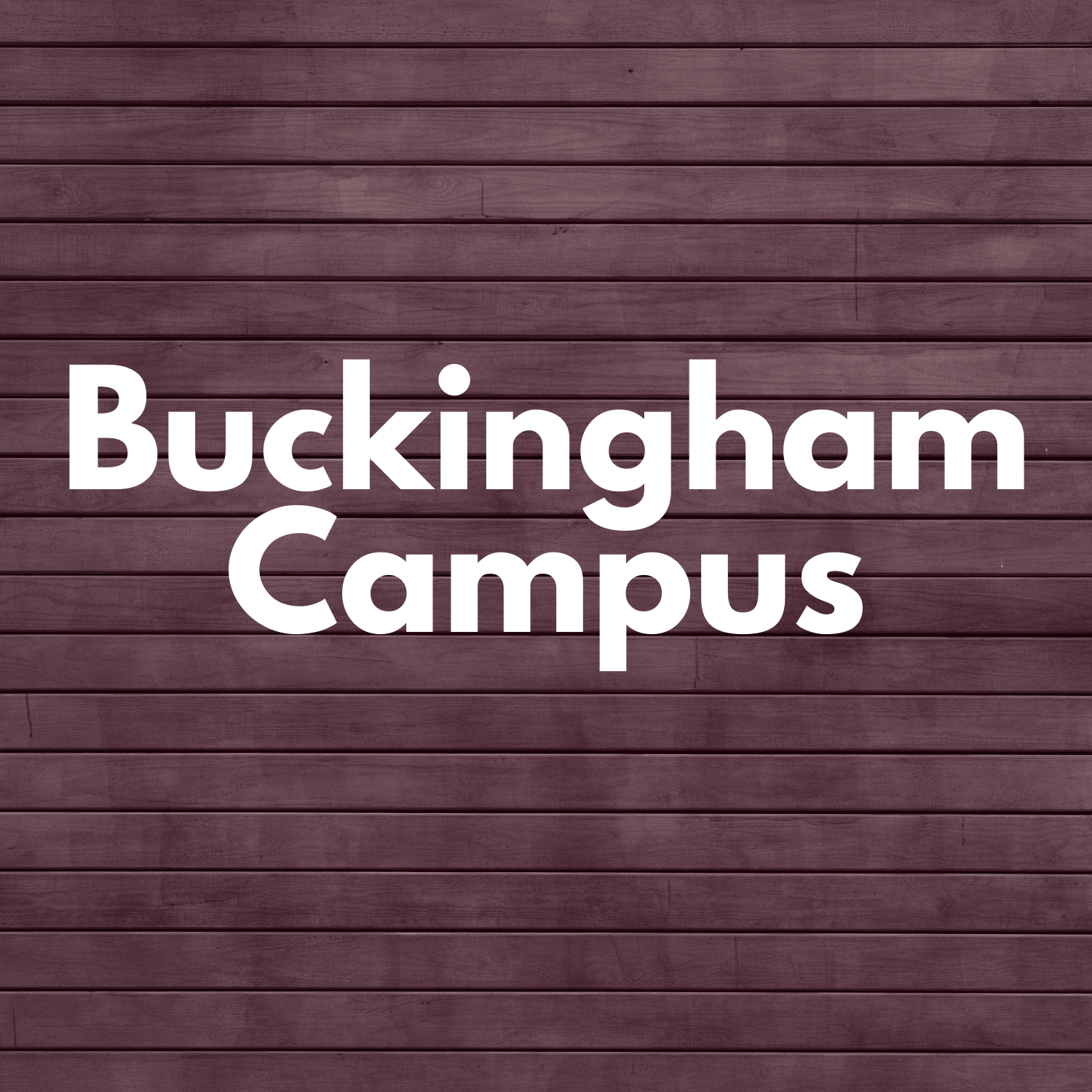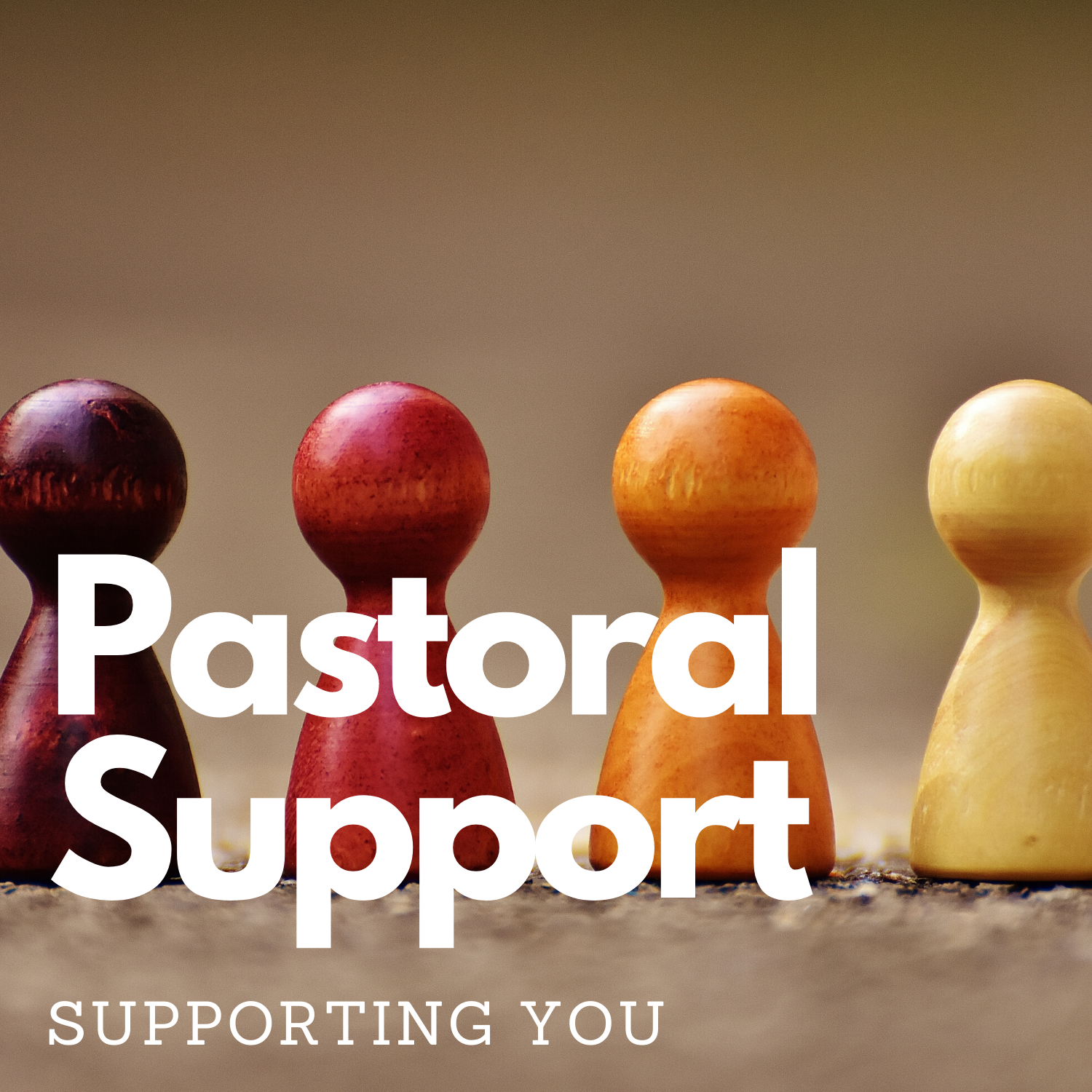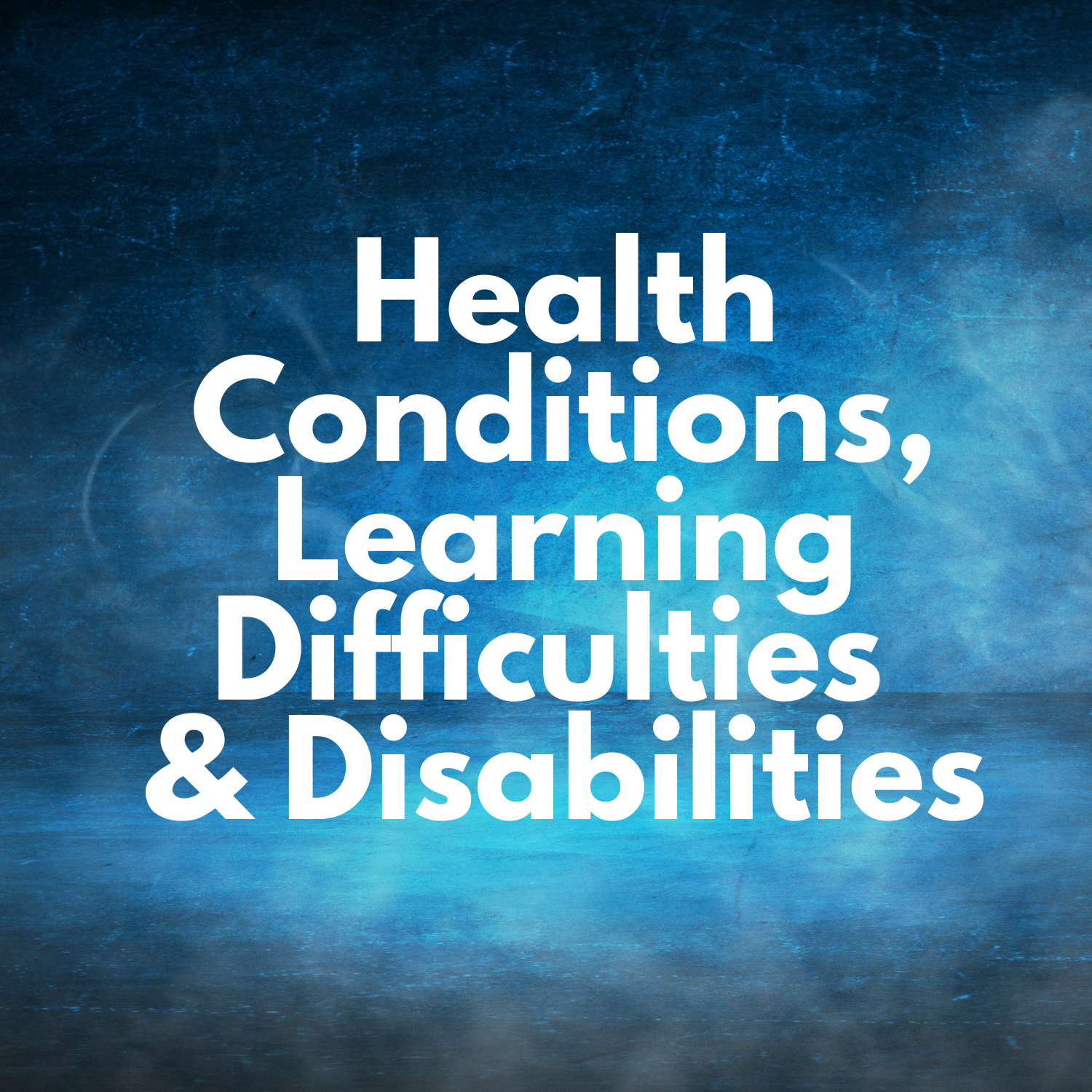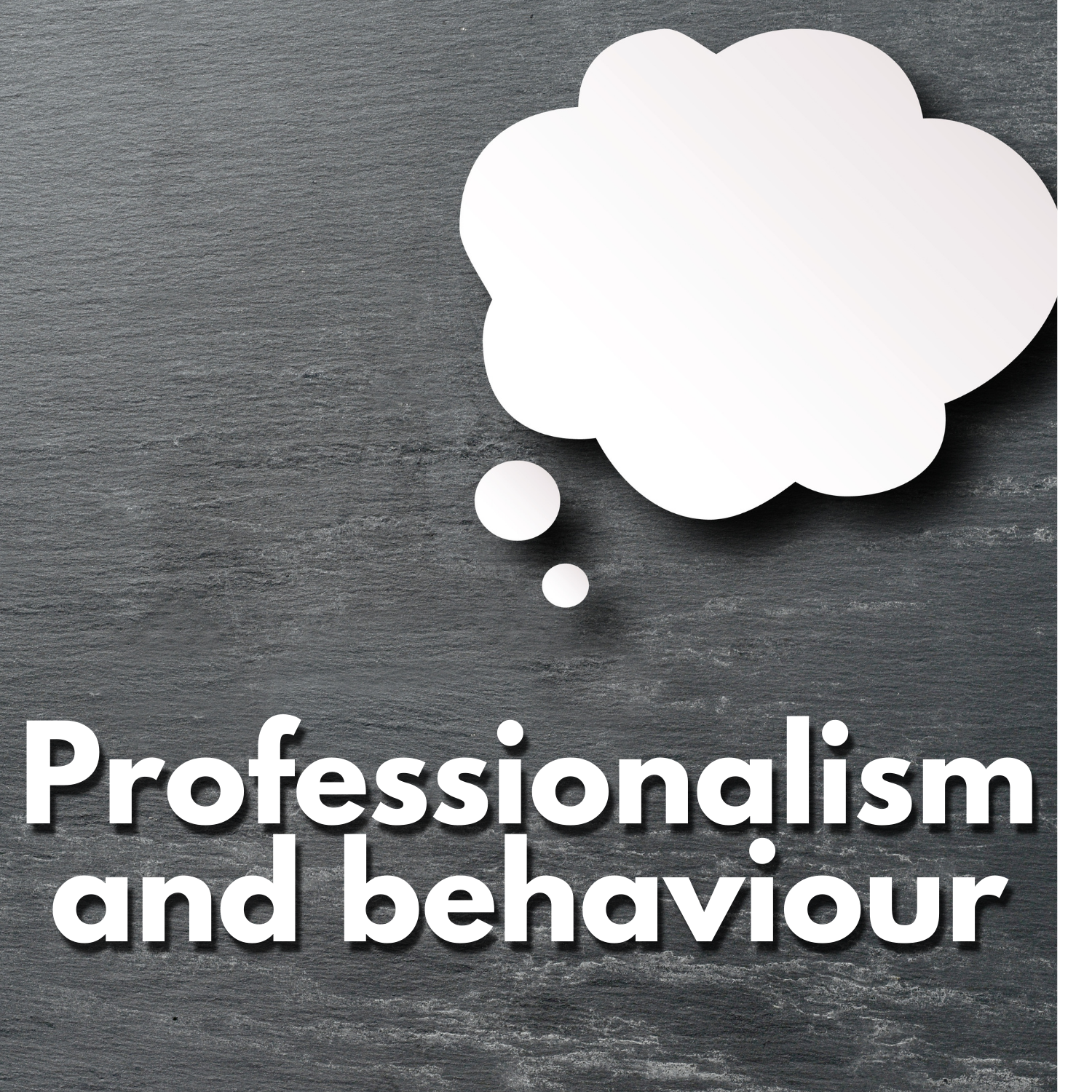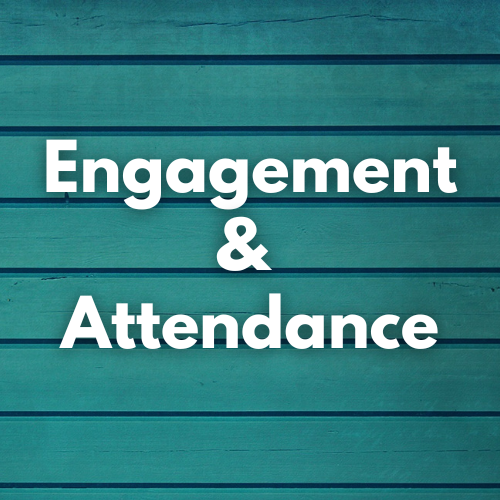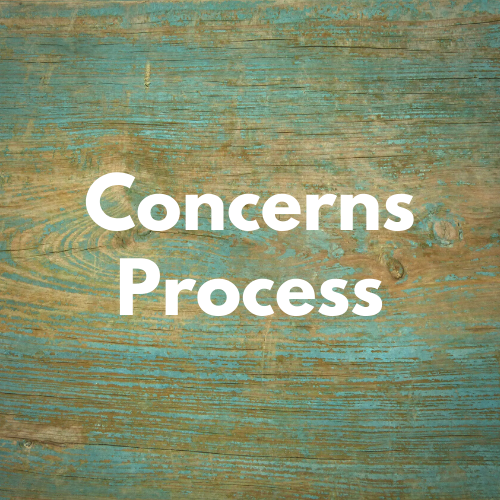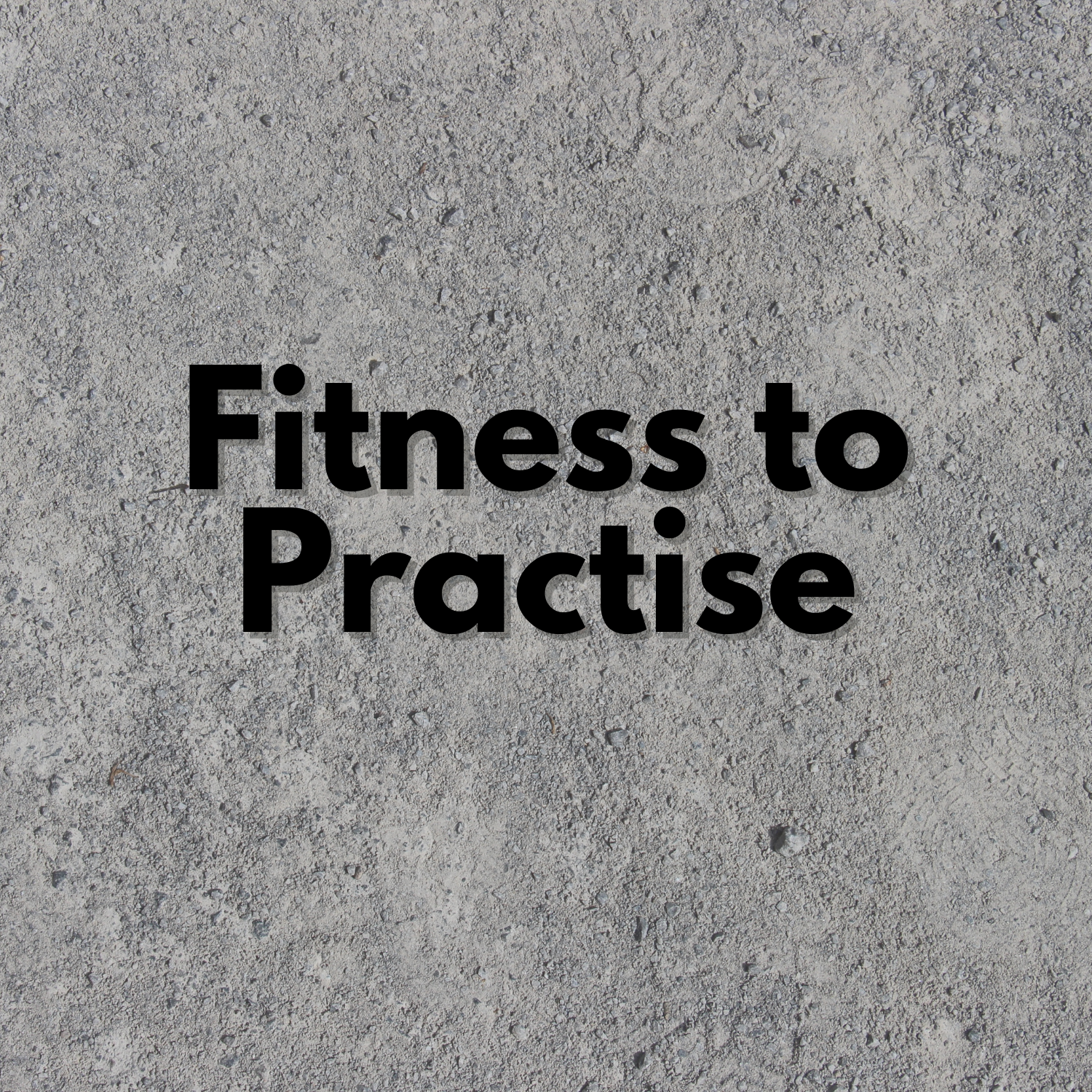Section outline
-
*PLEASE NOTE - TO SEE FULL RESOURCES AND LINKS ON THIS SITE YOU NEED TO BE LOGGED IN*
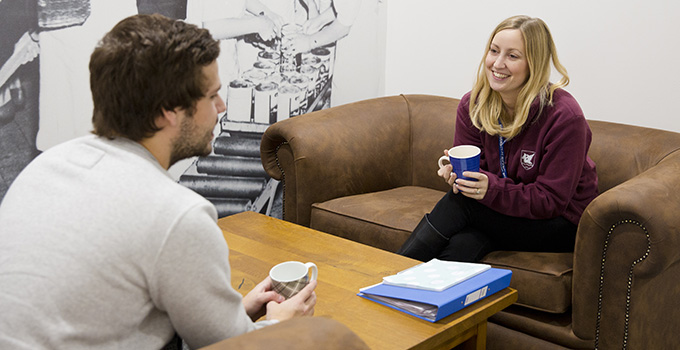
Studying for Medical and Health Science careers can be a long and demanding journey. The University has various support services available to help you on the way.
As extra support for our Medical students, the Faculty has it's own FMHS Student Support Team who are here to help you throughout your time on the course.
The FMHS Student Support Team assist with problems that are affecting your ability to study on the course and to support students going through various University and Faculty procedures. Take a look at the various sections below to see the areas we can help you with. If your problem is more related to student life, please see the section below about how to contact the University's Wellbeing team.Contact the Team if you are experiencing any difficulties that are affecting your ability to study. This could include issues regarding your health (both physical and mental), learning difficulties, disabilities, academic issues, professionalism issues etc.
We can be contacted using our FMHS-studentsupport@buckingham.ac.uk email address or BOOK A MEETING WITH ONE OF THE TEAM to discuss your problem.
Meet the Faculty Student Support Team
STUDENT LIFE
All students can access all University facilities and services throughout their entire time on the course, including when you are in your placement stage and not based on campus.
Please click here for more information on the University's facilities available to all students.Life as a student can be difficult and sometimes things can get imbalanced or a little overwhelming. The University's Wellbeing Hub can be contacted about any issues that you may be struggling with, whether it is general student life problems or more personal issues. Their SharePoint site can be found here or you can email them to arrange an appointment to speak with one of their team: wellbeinghub@buckingham.ac.uk.
The Faculty also has its own Mentors, based at both Buckingham and Crewe, who will work with students to provide support in developing strategies and tools to help you as a student. Contact them directly to arrange a meet up, or contact Student Support for more details.
The links to the University's Report & Support facility, can be found here. This tool can be used for reporting any incidents or misconduct affecting any student, for example: bullying, harassment, sexual misconduct, racial, sexual or religious hate behaviour etc. Please take a look at their page for more examples.
Looking after yourself - You should try to keep a good balance between work and relaxation while on the course. Pursuing interests, sports and hobbies will help keep you in good shape, both physically and mentally. The University has a lively Student Union with various clubs and societies for students to join. If you can't find something you like, try a google search for a local-based community group instead. Get outdoors in the fresh air as much as you can - our campus has easy access to nearby parks and green-walks - take a look at the Campus section for links to other resources in the area.
-
IMPORTANT - As Medical Students, you have an added layer of professional expectation to other students.We strongly recommend that you read the GMC (General Medical Council) publication "ACHIEVING GOOD MEDICAL PRACTICE" and refer to this document regularly throughout your time on the course, so you are familiar with the expectations the GMC have of all UK Medical Students. The Faculty has designed the course, and professional expectations of you as a Medical student, based on these guidelines.
-
General Support
In Phase 2, as well as the continuation of University's Wellbeing, Skills and Diversity team, and FMHS Student Support, you will find that there are additional services available to you through your base hospital. Please get in touch with the teams in the usual way, if you need any support.
Other Support- The Royal Benevolent Fund has lots of useful resources for Medical School students, especially those in Phase 2.
- The Medical Schools Council has information on financial resources for Electives.
- Doctors in Distress weekly free support group.
-
There are various resources to help with planning your future steps once you have graduated from the Medical School. Please see this page for information about Careers and Foundation Year.
The University has its own Careers Department which can be accessed by current students.
Their online Careers portal can be accessed here, where appointments can be booked with one of their team and other information is available. Their SharePoint site can also be accessed here. -
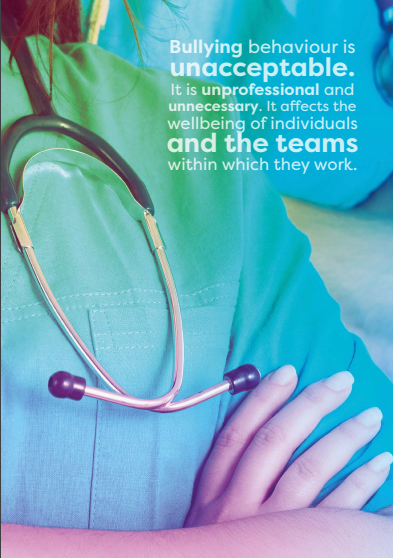 The Royal
College of Surgeons of Edinburgh has an ongoing commitment – through the #letsremoveit
campaign - to working with healthcare professionals to challenge unacceptable
behaviours and support change across the NHS. An informal alliance of medical
and healthcare bodies has come together to share ideas and best practice as
well as illustrate the variety of assistance available. Bullying not only affects those on the receiving end
but has severe consequences for patient care.
The Royal
College of Surgeons of Edinburgh has an ongoing commitment – through the #letsremoveit
campaign - to working with healthcare professionals to challenge unacceptable
behaviours and support change across the NHS. An informal alliance of medical
and healthcare bodies has come together to share ideas and best practice as
well as illustrate the variety of assistance available. Bullying not only affects those on the receiving end
but has severe consequences for patient care.The new document produced by the Royal College of Surgeons of Edinburgh can be found here
Don't forget - the University of Buckingham does not tolerate bullying or harassment from it's students or staff. If you have experienced any form or abuse from another student or University based member of staff, please use the University's Report & Support facility to report it. This tool can also be used to report incidents such as sexual misconduct, racial, sexual or religious hate behaviour etc. Please take a look at their page for more examples. If you have experienced any issues of this nature from a member of staff based at your base hospital or placement, please contact the FMHS Student Support Team for assistance.
-

The Personal Tutor system is at the heart of the Faculty Pastoral network and is designed to support you for the duration of your studies.
You will be allocated a Personal Tutor on registration to the course, however please note that your Personal Tutor will change at various points due to staff movement and phase changes.
Your Personal Tutor will:
- Be your first point of call for any issues you are experiencing with your studies
- Advise on student issues and/or signpost to the Faculty Student Support Team or University support systems
- Help students reflect on performance, set future goals and discuss career aspirations
- Provide feedback on exam results
- Assist students with their construction and development of their ePortfolio
- Guide and support students going through the Concerns Process or Fitness to Practise process.
- Help students who wish to submit mitigating circumstances at exam periods.
FOR THE STAFF PERSONAL TUTOR PAGE - PLEASE CLICK HERE -
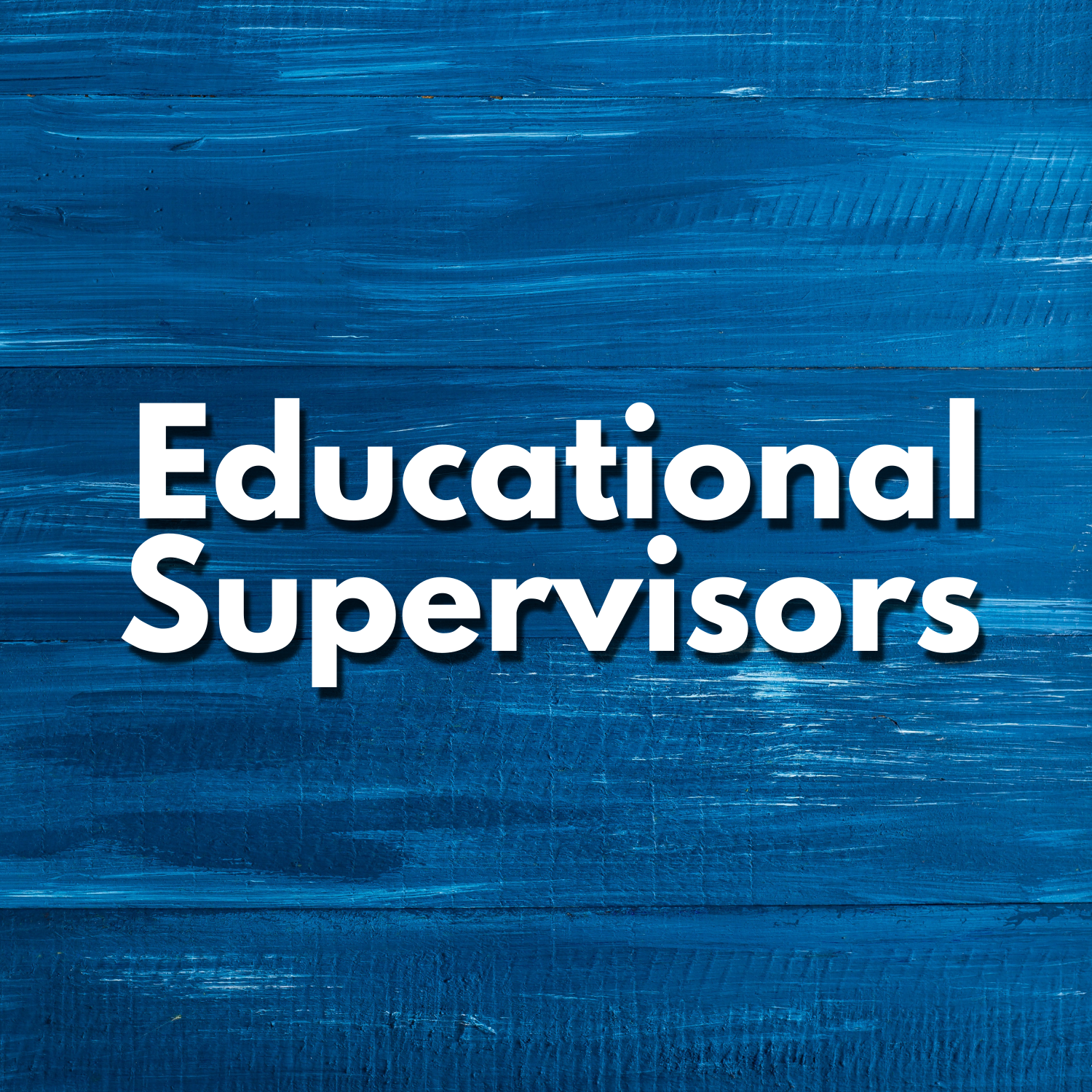
All Medical students in Phase 2 of the course are assigned an Educational Supervisor when starting a new Block. The Educational Supervisor is an essential help to your journey during the clinical phase of the course.
Student are expected to meet with their Educational Supervisor at least three times during the Block. The Educational Supervisor (ES) is there to help you, advise and support your clinical placement and learning. It is your responsibility to arrange meetings with them and follow up on any suggestions or requirements they may discuss with you. Meetings are recorded on EMER and at the end of the Block your ES will assess whether you have completed the necessary requirements of the course for that specialty. They will also have access to your Attendance and Engagement records and will be monitoring your complete engagement with their Block.
IF YOU ARE AN EDUCATIONAL SUPERVISOR - PLEASE CLICK HERE
-
